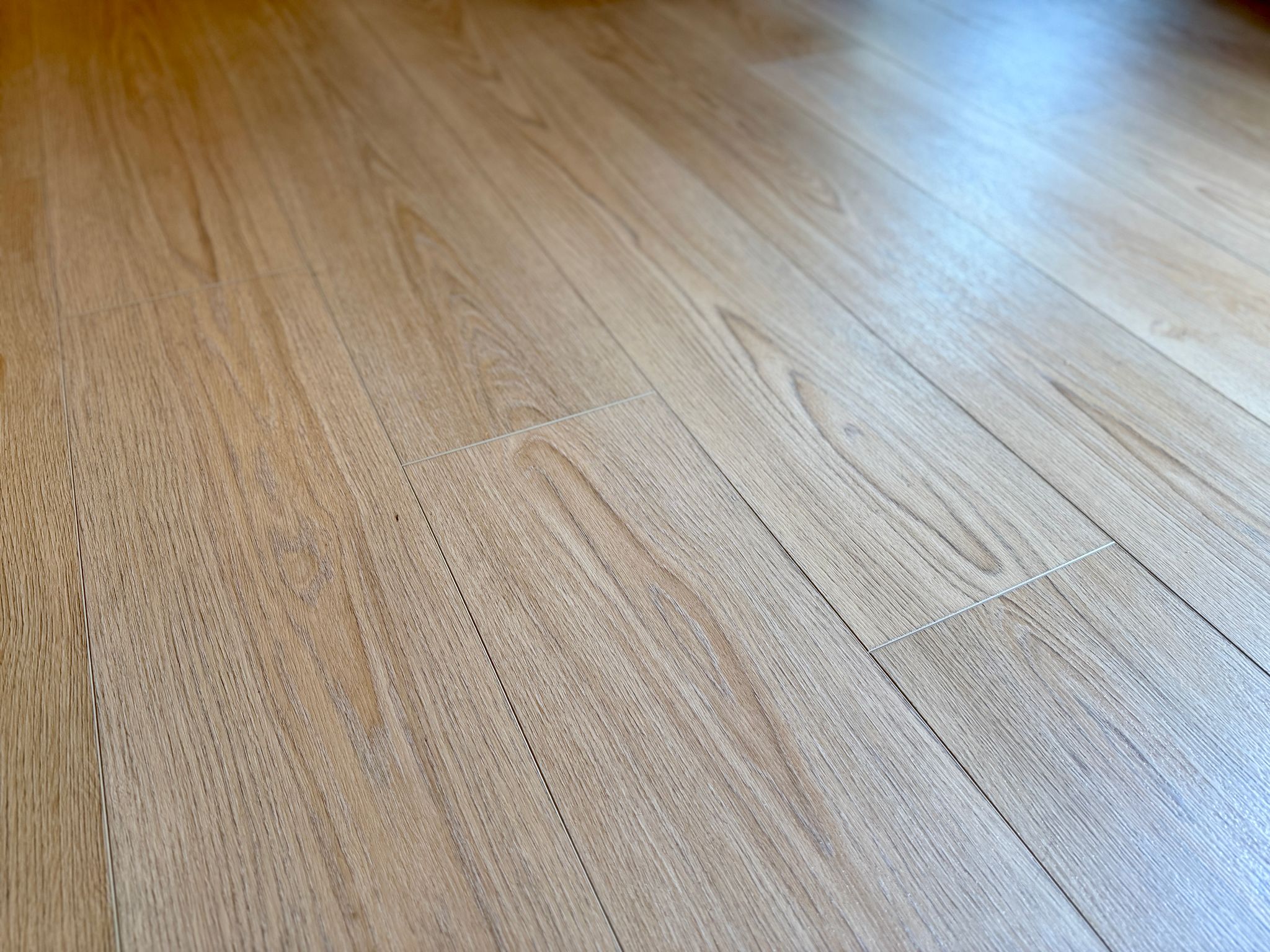Benefits of Engineered Versus Solid Hardwood: Making the Right Choice for Your Home
Understanding the Basics: Engineered vs. Solid Hardwood
When it comes to choosing the right type of hardwood flooring for your home, understanding the difference between engineered and solid hardwood is crucial. Both options have their unique benefits and can greatly enhance the aesthetic and value of your home. However, they are constructed differently and have distinct features that may make one more suitable than the other depending on your needs.

Solid hardwood is exactly as it sounds—a solid piece of wood from top to bottom. It is known for its durability and can be refinished multiple times over its lifespan. On the other hand, engineered hardwood is made up of a core of plywood or high-density fiberboard with a layer of hardwood veneer on top. This construction makes engineered hardwood more versatile and stable under varying environmental conditions.
Durability and Lifespan
Solid hardwood is renowned for its longevity. When properly maintained, it can last for decades, even a lifetime. Its thickness allows for multiple refinishes, keeping it looking fresh and new. This makes it an excellent choice for homeowners who value long-term investment in their flooring.
In contrast, engineered hardwood offers impressive durability with added stability. Its layered construction prevents it from expanding or contracting as much as solid wood, making it a better choice for environments with fluctuating humidity or temperature. While it may not be refinished as many times as solid wood, it still provides a durable surface suitable for high-traffic areas.

Installation and Versatility
One of the most significant advantages of engineered hardwood over solid wood is its ease of installation. Engineered wood can be installed over concrete, radiant heating systems, or even existing flooring. This versatility makes it ideal for basements and other challenging areas where solid wood might not be suitable.
Solid hardwood typically requires a nail-down installation, which can be more complex and time-consuming. However, for those who prefer a traditional and authentic hardwood experience, solid wood's classic appeal is unmatched.
Cost Considerations
Budget is often a crucial factor in home renovation decisions. Generally, engineered hardwood tends to be more cost-effective than solid hardwood, primarily due to its construction and ease of installation. This makes it an attractive option for homeowners looking to achieve the look of hardwood without breaking the bank.

While solid hardwood may come with a higher initial cost, its potential to increase home value and its long-term durability can make it a worthwhile investment. Additionally, the ability to refinish solid wood multiple times can extend its life and maintain its beauty over the years.
Environmental Impact
As more homeowners become conscious of their environmental footprint, choosing sustainable materials is increasingly important. Engineered hardwood is often considered more environmentally friendly due to its efficient use of materials. The plywood base allows manufacturers to use less of the slower-growing hardwood species.
However, solid hardwood can also be sustainable if sourced from responsibly managed forests. Many manufacturers offer certifications to ensure that their wood comes from sustainable sources, allowing homeowners to make eco-friendly choices.
Making Your Decision
Ultimately, the choice between engineered and solid hardwood depends on your specific needs and preferences. Consider factors such as location, environmental conditions, budget, and desired lifespan. Both types of hardwood offer unique advantages that can complement your home beautifully.
By understanding the differences and benefits of each, you can make an informed decision that enhances both the functionality and aesthetics of your living space. Whichever you choose, investing in quality hardwood flooring is a step toward creating a warm, inviting, and enduring home environment.